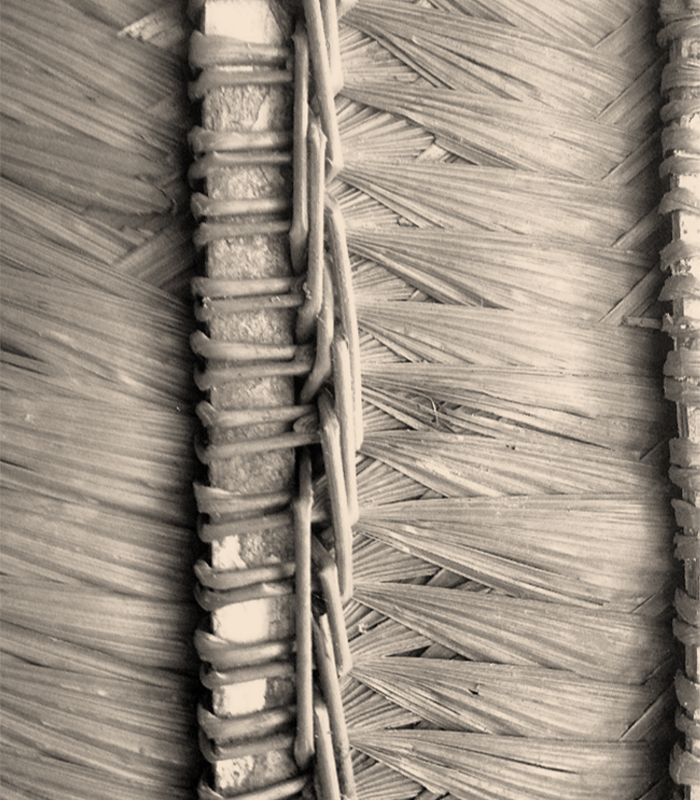Fantasy Island the other Amazon
Maria Gutierrez, University of Cambridge
Awards RIBA President's Awards for Research 2020
Category Climate Change

Fantasy Island sits on the Amazonian Trapezium, where Brazil, Colombia, and Peru converge. A product of an anabranching river, this alluvial island, like many rapidly formed riverine terrains, is experiencing unprecedented flooding transformations. Recordings from the last decade point consistently towards climate change at the root of substantial shifts in inundation peaks and patterns. Traditionally, houses in the region were made of thatched palm, constituting diverse weaving roof-wall typologies and meanings while also providing climate comfort. However, the ideologies and funding introduced in the mid-twentieth century promoted the incorporation of industrial panels, notably galvanised zinc. Entrapped heat, toxicity, vulnerability, and cultural inadequacy are some of the multiple implications of this material culture supplantation. The widely spread loss of natural material-craft in flood-risk constructions in developing regions bears severe environmental, socioeconomic, and health implications demanding material reinvention. Fused Deposition Modeling (FDM), a 3D printing extrusion without UV exposure or chemical binders, offers unique opportunities to reuse plant waste to make flood resilient enclosures and paths for material craft reclamation. But, are such digital products scalable and de facto resilient for inundations’ increasing challenges? This flood resilience research establishes the first physical testing of FDM plant waste composites from the nano to the wall scale. The quantitative investigation is informed by an integrated qualitative typological and ethnographic analysis of Fantasy Island’s enclosure technologies. To address scalability hurdles in FDM natural composites production, a multiscale model was developed to simply translate material value criteria into available open source software to control crucial printing parameters. The research contributes to transform our capacity to evaluate natural materials innovation for flood risk environments through the convergence of context, matter, and technology. Fantasy Island works as a scaffold to explore flood resilience through natural material culture reclamation and emerging craft scalability in search of the other Amazon.






